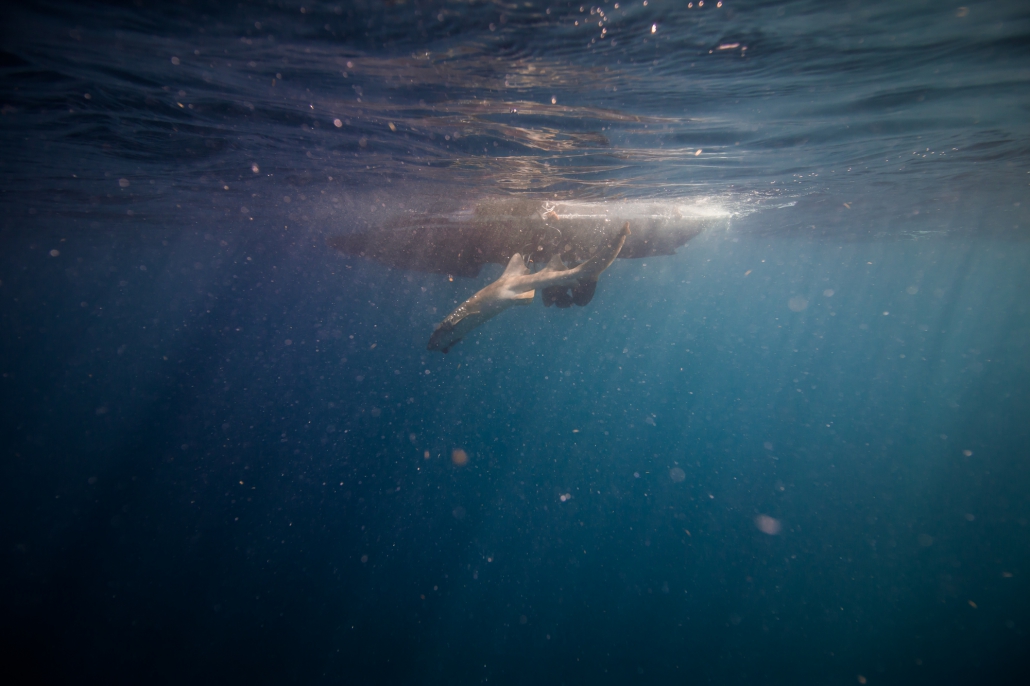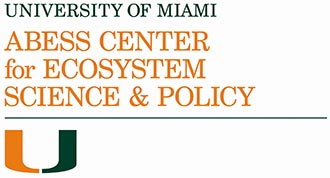
Shark Research & Conservation
The Shark Research & Conservation Program (SRC) at the University of Miami conducts conservation-relevant shark research while inspiring scientific literacy and environmental engagement in youth through hands-on field research experiences.
Every year, SRC brings hundreds of people, mostly school-children, out on our research vessels to survey, sample, tag and study sharks. We especially try to serve communities that have been historically (and often currently) excluded from STEM opportunities, including connecting girls with women scientists through our F.I.N.S. Program. To reach beyond South Florida, SRC also uses a variety of online education tools, including social media, blogs, educational videos, and online curricula to communicate shark science to the public.
SRC’s research focuses broadly on conducting applied research on the ecology, biology, and conservation of sharks and rays. This research approach incorporates the habitats and food web relationships sharks and rays rely on, especially in highly human-impacted environments like South Florida. The SRC Team is comprised of University of Miami faculty, staff, graduate students, undergraduate students and volunteers.
The SRC Program is based at the University of Miami’s Rosenstiel School of Marine, Atmospheric, and Earth Science, which is recognized as one of the top collegiate programs for marine research in the world.
Our work includes three overlapping focal areas:
Science – Education – Conservation
These priorities acknowledge the importance of interdisciplinary scientific research in addressing conservation challenges. While all three are core to SRC’s mission, our primary goal is to conduct conservation-relevant research, and our outreach, education, and communication goals are shaped by our research priorities.

Since 2009, SRC has brought over 12,000 citizen scientists into the field to participate in shark research.

“Because the Shark Research & Conservation Program lies squarely in the intersection between science and policy, it will provide students across the University of Miami, and high school students, including those in underserved populations, with access to field experiences that will foster intellectual curiosity and help to position them as effective environmental leaders for the future.”
— Donna Shalala, Former President, University of Miami
Privacy Statement and Legal Notices
Copyright © 2018, University of Miami
All rights reserved.
4600 Rickenbacker Causeway
Miami, Fl 33149-1098
+1 305 421 4000
